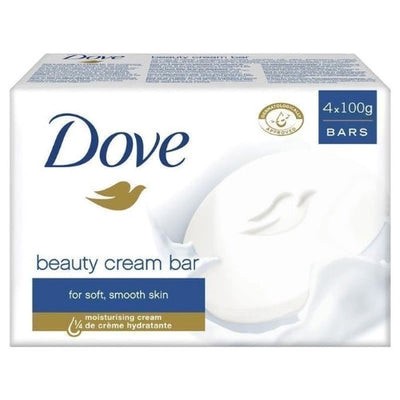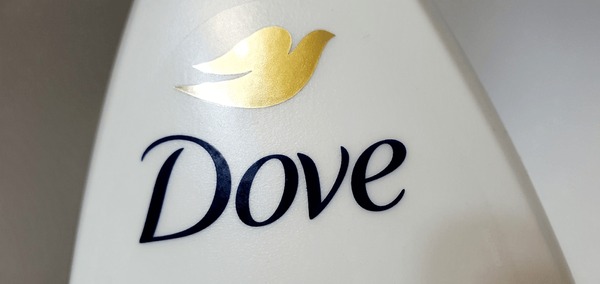The world’s favorite “gentle” soap might be hiding a dangerous secret.
Unilever’s Dove — long advertised as a symbol of softness and purity — has come under global scrutiny after one of its key fragrance ingredients was found to be toxic to human health.
From Germany to Nigeria: Bans in Place, But India Remains Silent
In 2024, Germany and other European Union nations banned Butylphenyl Methylpropional (BMHCA) — also known as Lilial — a synthetic fragrance agent commonly used in beauty and personal care products.
Now, in June 2025, Nigeria has followed suit, completely prohibiting the use of Lilial in cosmetics and skincare products.
Despite growing global concern, India continues to allow the sale of products containing the same chemical, including Dove soaps and lotions, which are still marketed as “safe,” “dermatologically tested,” and “mild for daily use.”
The Hidden Danger in Your Soap
Scientific studies have shown that BMHCA can cause:
Hormonal imbalances
Reduced fertility
Severe skin allergies
The European Union’s Scientific Committee on Consumer Safety (SCCS) classifies Lilial as a “reproductive toxicant,” meaning prolonged exposure could interfere with reproductive health and child development.

Why Has India Not Acted Yet?
While India has recently faced controversies over contamination in cough syrups and unsafe ingredients in food products, cosmetic safety standards remain weakly enforced.
So far, there has been no official warning, recall, or investigation against brands using banned chemicals in international markets.
Consumer rights activists argue that multinational companies apply double standards — removing harmful chemicals from their Western products while continuing to sell them in developing countries.
Experts Warn: Read Before You Use
Dermatologists and health experts advise consumers to:
◆Check ingredient labels carefully
◆Avoid any product listing “Lilial” or “BMHCA”
◆Opt for fragrance-free or certified safe alternatives
“Selling poison in the name of fragrance is not innovation — it’s deception,” said a consumer safety advocate.
As global awareness grows, questions mount: Will India finally act against toxic ingredients in personal care products, or will profit continue to outweigh public health?


